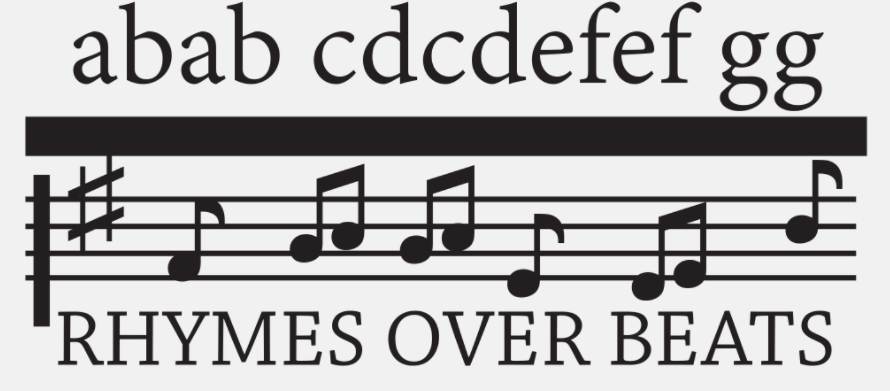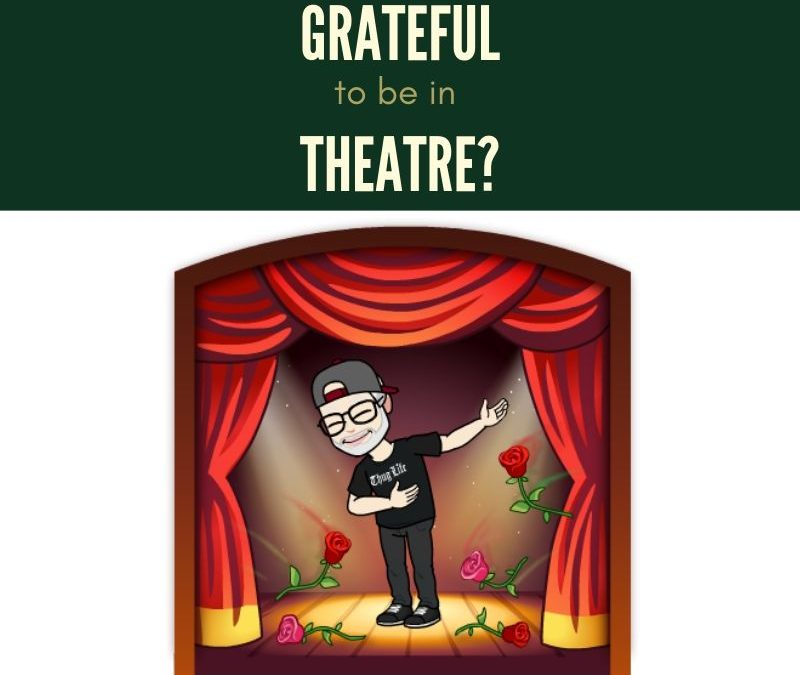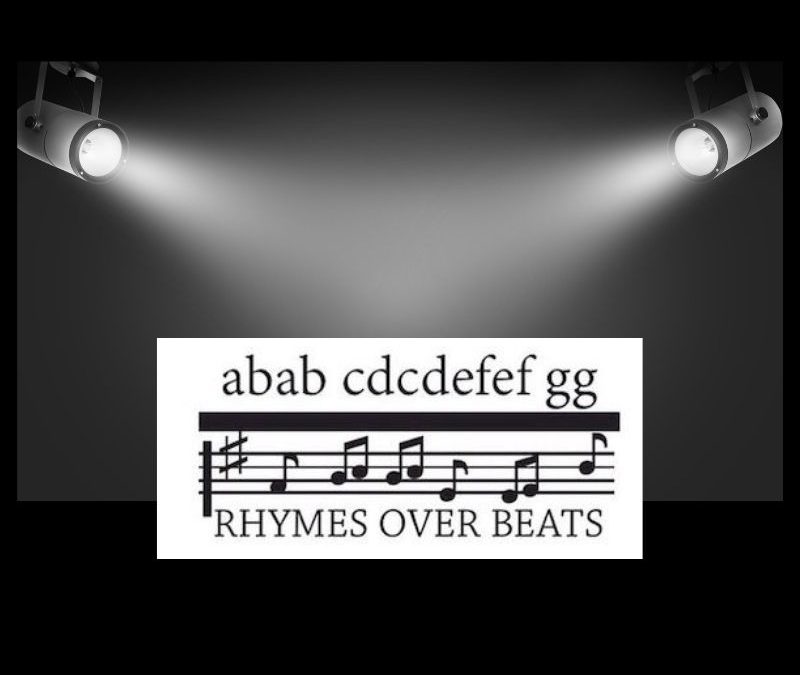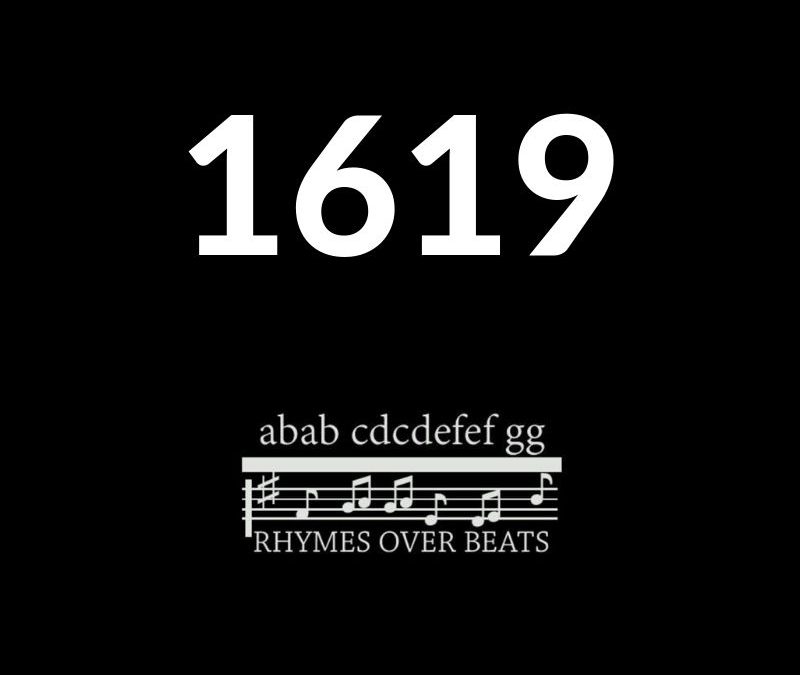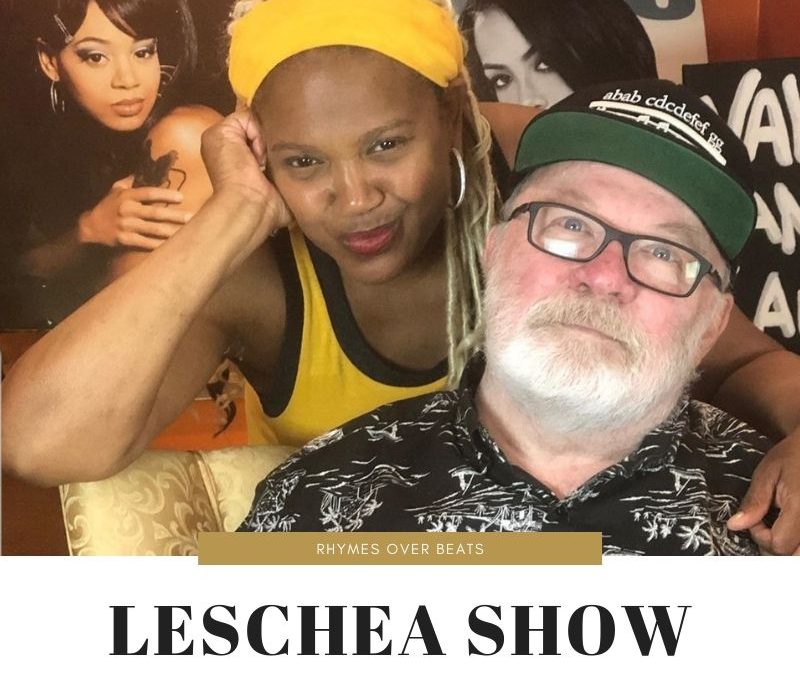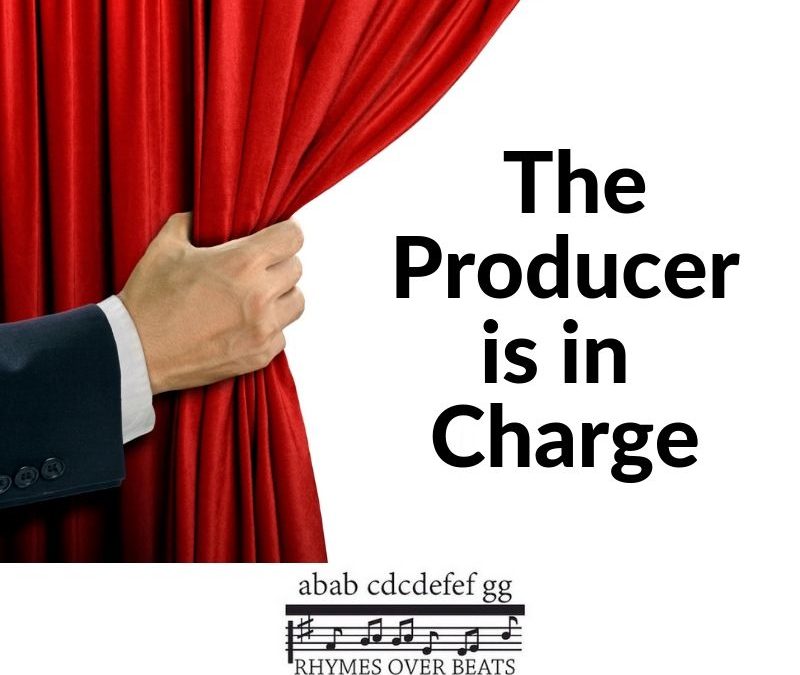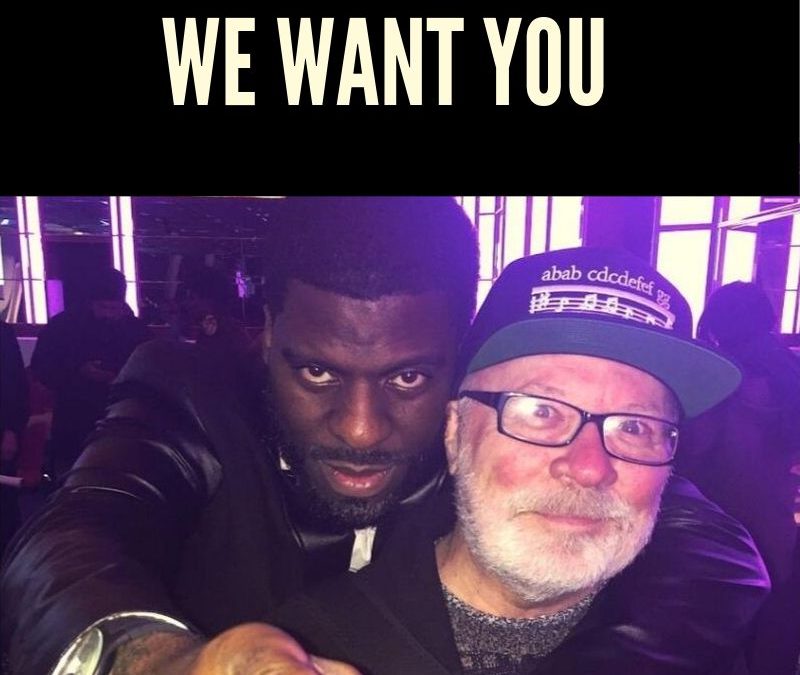
We Want You
How Can We Connect?
I’ve been thinking about the Rhymes Over Beats platform. That is to say, our visibility – how our audience learns about us, how we connect with them, and how we can make it easier for them to connect with us.
How we go about creating a community of interest in hip hop theater, and what we could be doing better.
I know that when our Public Enemy documentary “When Reagan Killed Roosevelt” is released, when the play Sonny’s Song opens, and after the musical Masta Ace is writing with us is finished, we’ll be quite visible.
But what more can we do before then?
Right now we have a website plus our Instagram, Facebook, and Twitter pages, which are regularly updated. I write this blog weekly, and we’re developing a YouTube channel.
Is this enough? I’m not sure.
What Else?
What else should we be doing?
We are hoping because we are connected to you here, right now, that you could help us.
- How did you find out about us?
- Have you seen any of our productions?
- Is the website easy to navigate?
- Is there any information on the website that is missing?
- Anything you wanted to know, but couldn’t find it?
Let us know. Shoot me an email at Patrickrobad@gmail.com.
- Is there a social media site we should have a presence on, other than Facebook, Twitter, Instagram and YouTube?
- We regularly use the hashtags #hiphop #hiphoptheater #offbroadway and #blacktwitter. Are there other hashtags we should be using?
#Talk to Me.
We want to hear from you.
How can we make this easy for you?
